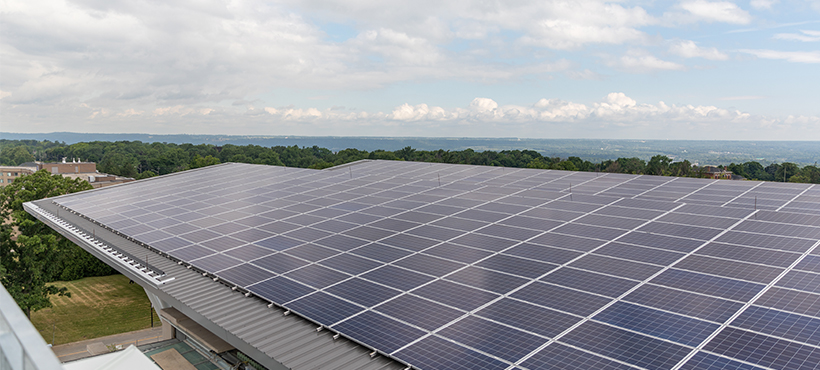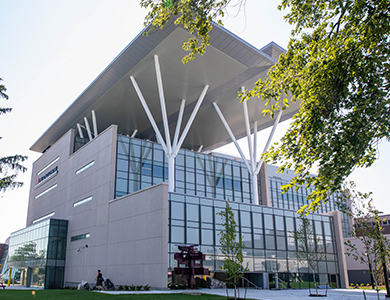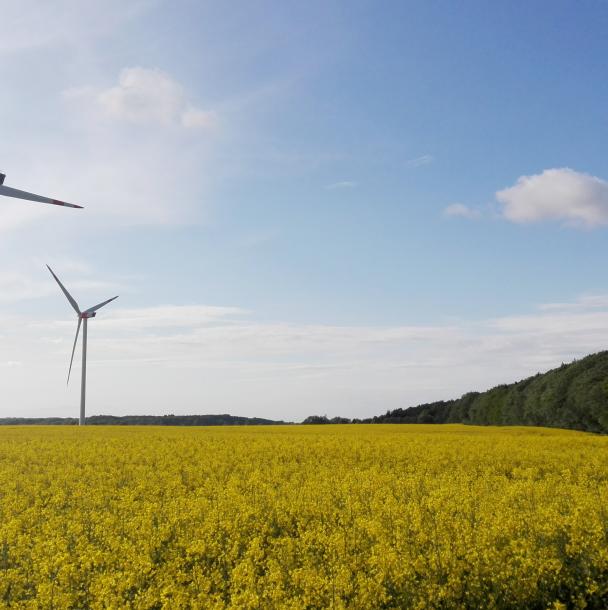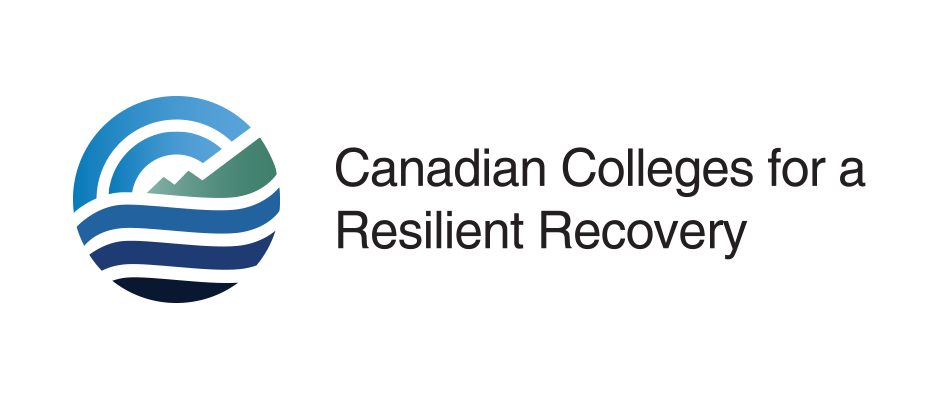
Promoting resilience in our communities
A pan-Canadian coalition of colleges, cégeps, institutes and polytechnics supporting a climate-focused economic recovery.
Canadian Colleges for a Resilient Recovery (C2R2) is a group of 15 colleges, cegeps, institutions, and polytechnics from across Canada with a proven ability to make an immediate impact and lead in training deployment and applied research that supports energy security and sustainability, and a network that reaches coast to coast to coast. Its partner institutions are positioned to quickly develop thousands of training and applied research opportunities to help Canadians of all ages access new careers, support the transition to a low carbon economy, and foster inclusion, diversity, and equity.
As the Coordinating Secretariat for the C2R2 coalition, Mohawk College helps champion C2R2-led projects across Canada, advocate for the coalition, and position it as a convenor for national-scope projects. Along with the other post-secondary institutions within the C2R2 coalition, Mohawk has proven expertise in campus sustainability and green building excellence and uses its applied research strength to support innovation and investment to support climate change solutions for C2R2.
Ways that we are supporting resiliency

Pulling together
Mohawk is leading the way as colleges across the country band together in the Canadian Colleges for a Resilient Recovery to tackle climate change and a green recovery. Mohawk's president, Ron McKerlie, is the coalition's first chair.

Applied Research at Mohawk
Mohawk is recognized for its innovation and leadership in applied research. We believe that a thriving, low-carbon economy is possible. Our expertise offers solutions to challenges related to energy, climate change and resource management.

City School at Mohawk
The City School mobile classroom is an evidence-based response to community and industry needs, and to the changing nature of the employment landscape. City School increases access to education and provides rapid skills-based training.
Hon. Catherine McKenna
Minister of Infrastructure and Communities
Richard Florizone
Chair of the Task Force for a Resilient Recovery | President of the International Institute of Sustainable Development
Questions?
Contact Adrienne Madden, Coalition Manager
Canadian Colleges for a Resilient Recovery
905-870-2498 or adrienne.madden [at] resilientcolleges.ca (adrienne[dot]madden[at]resilientcolleges[dot]ca)




